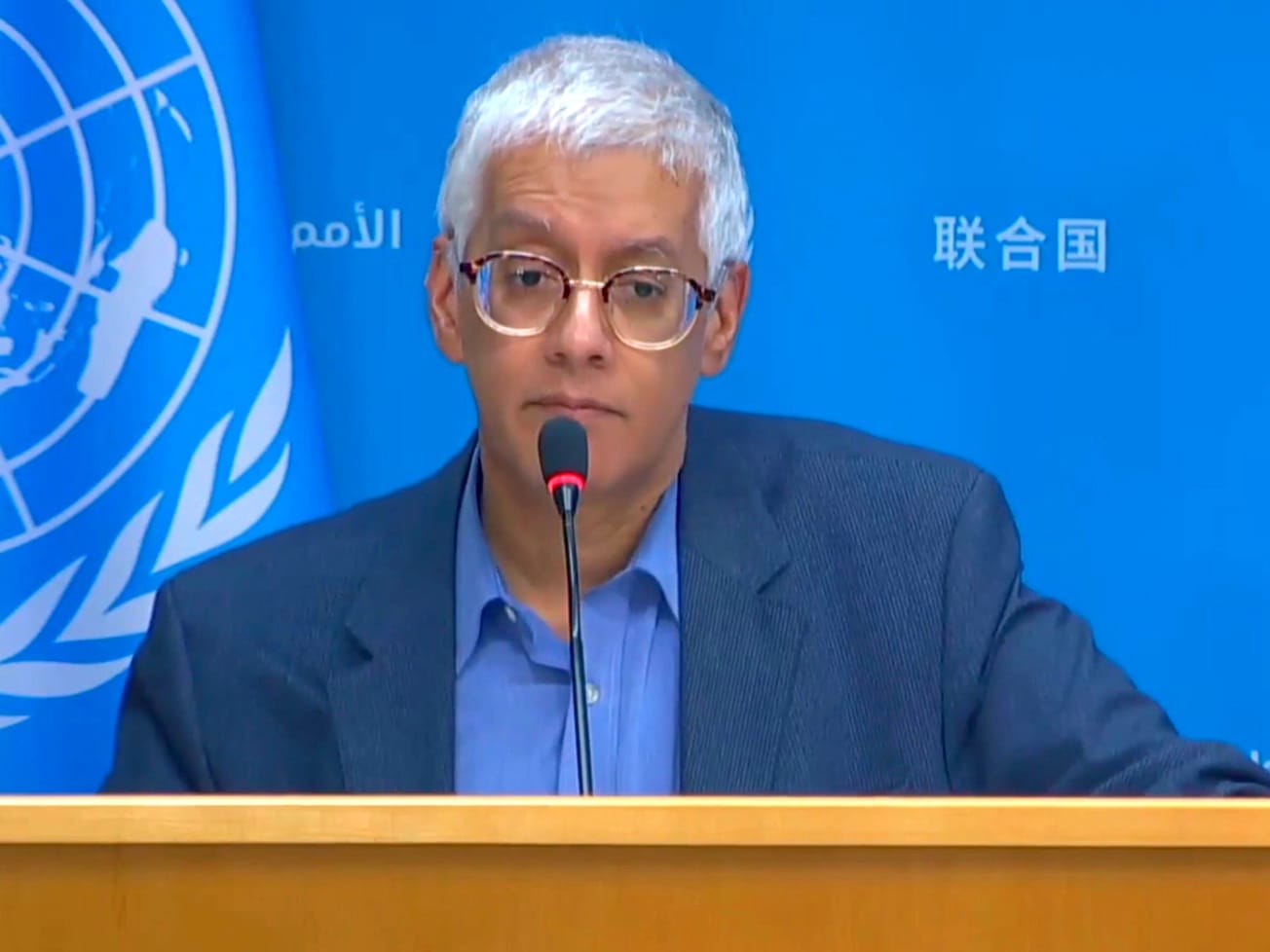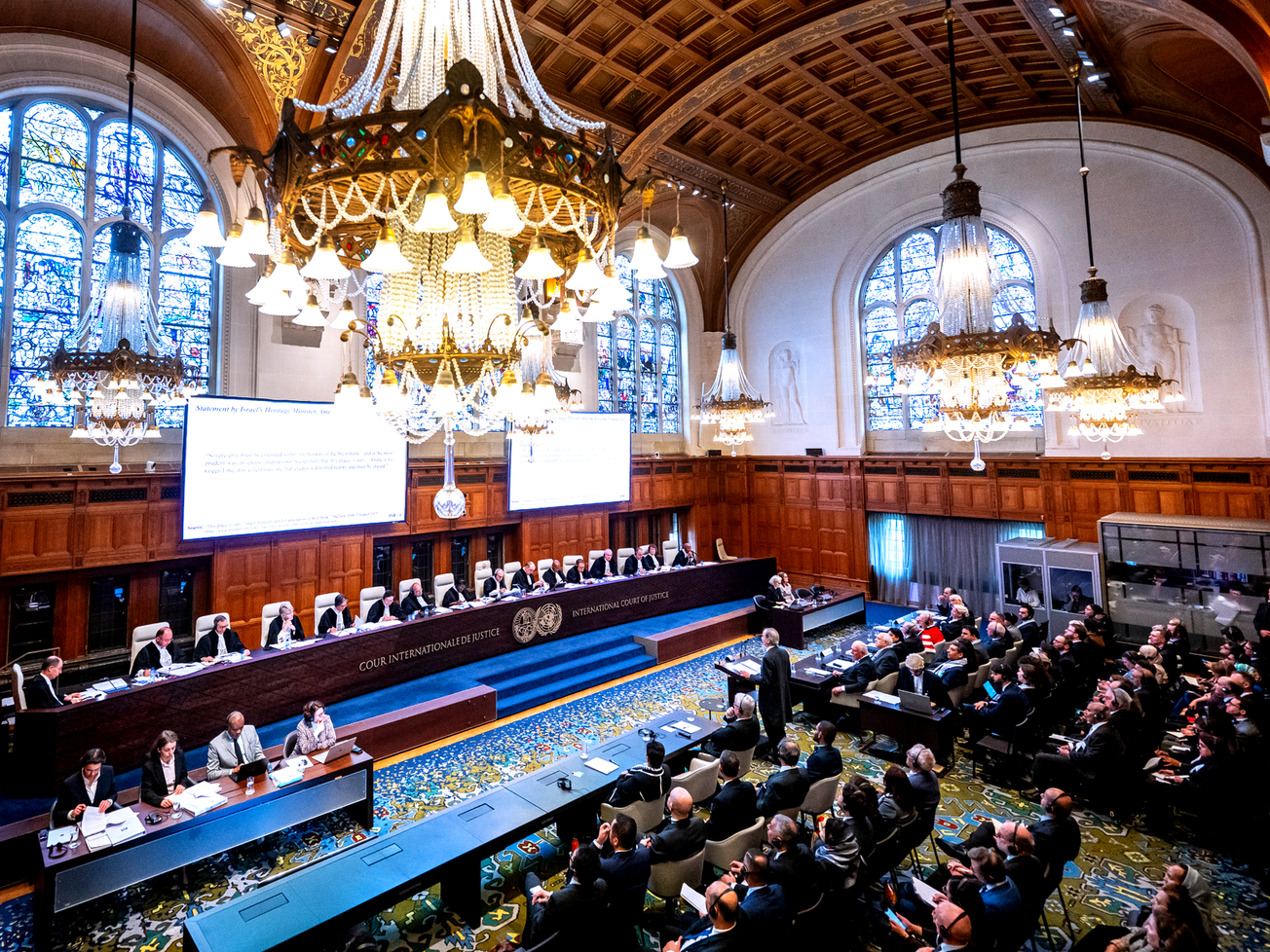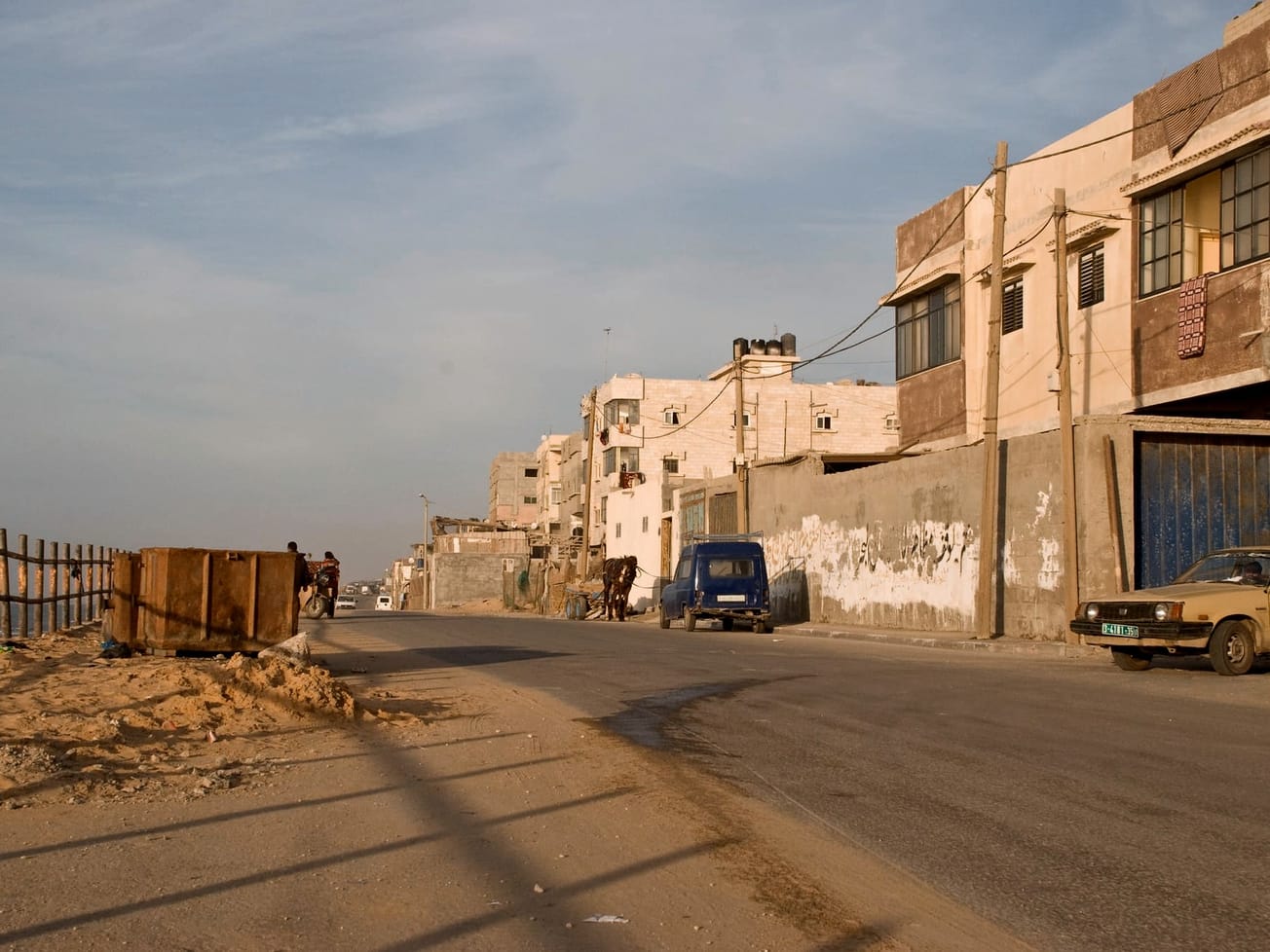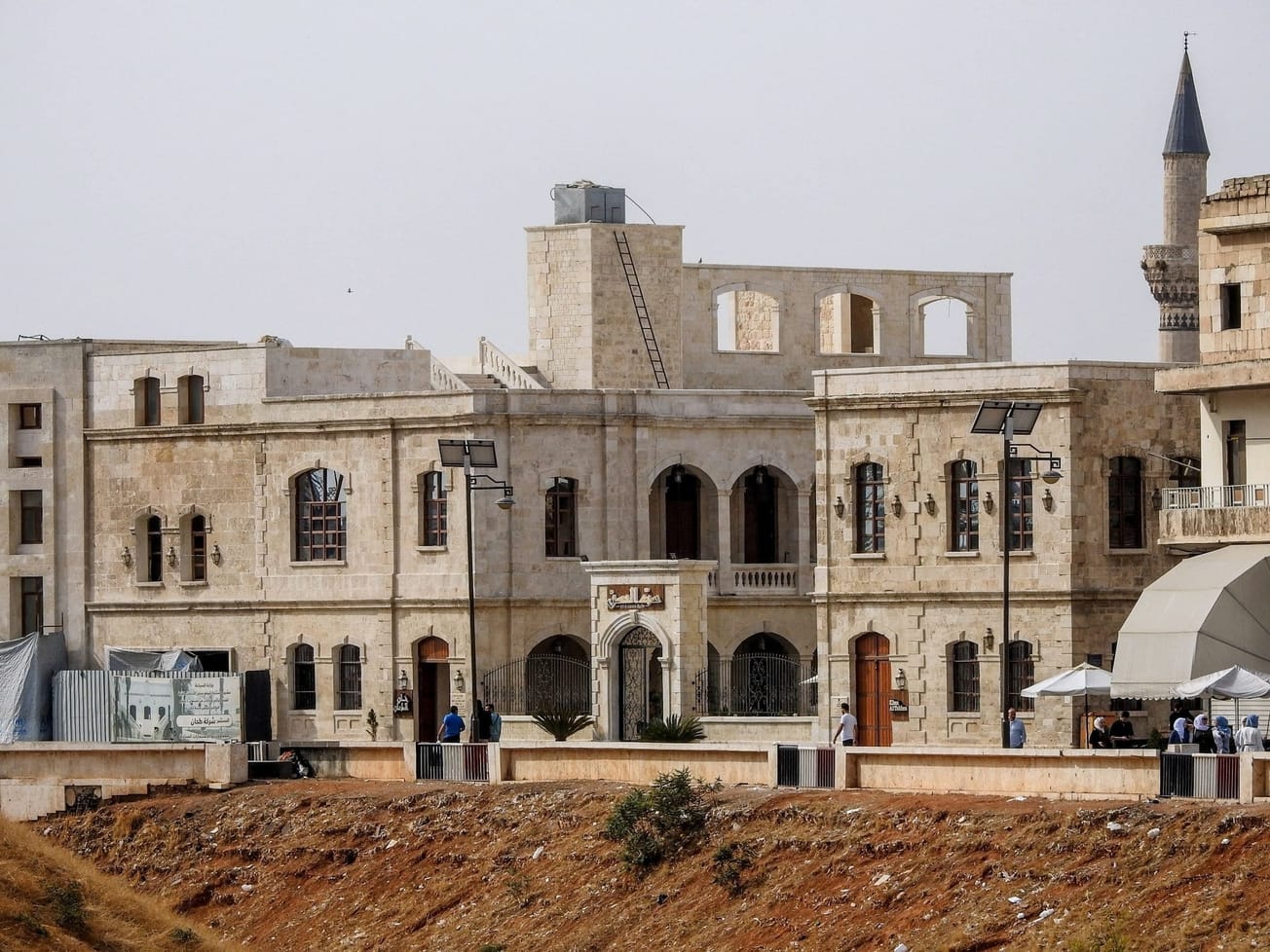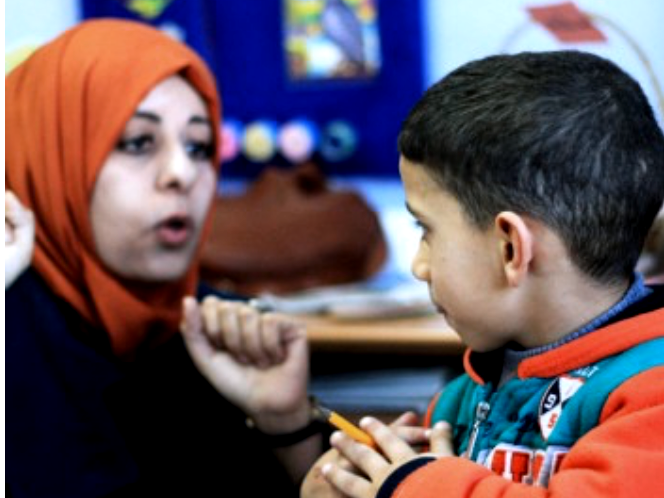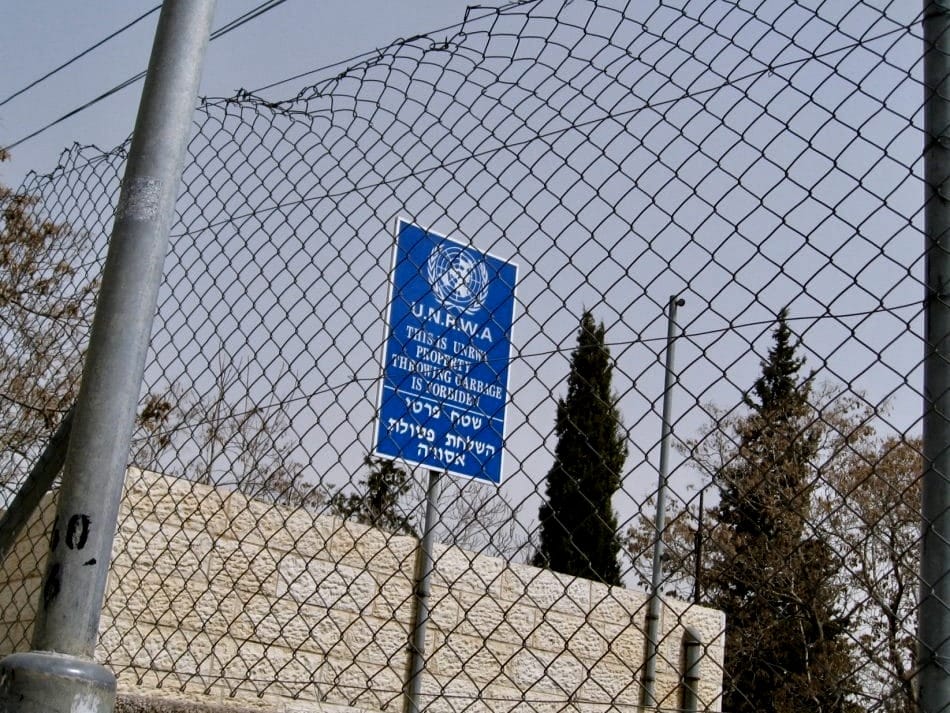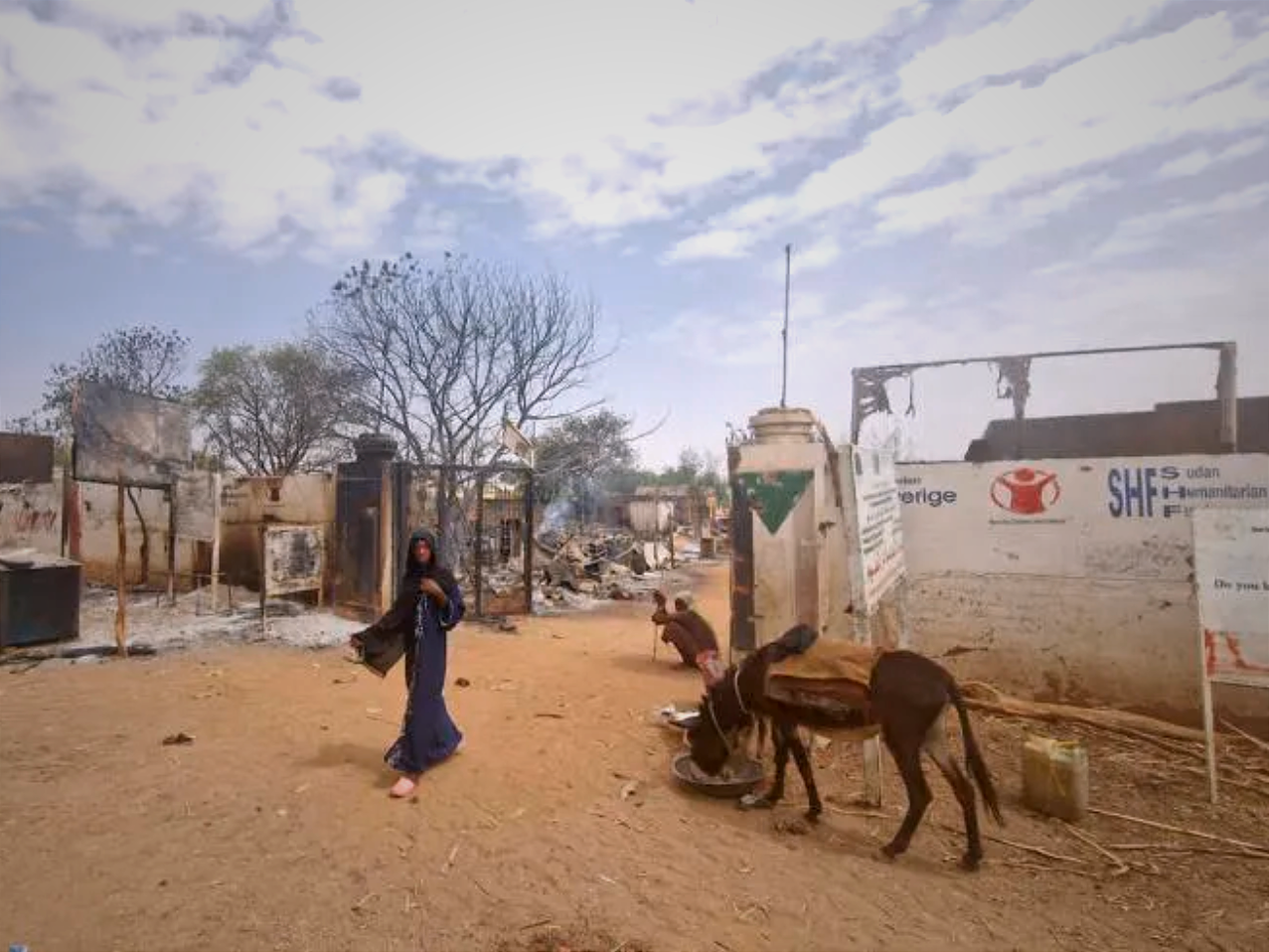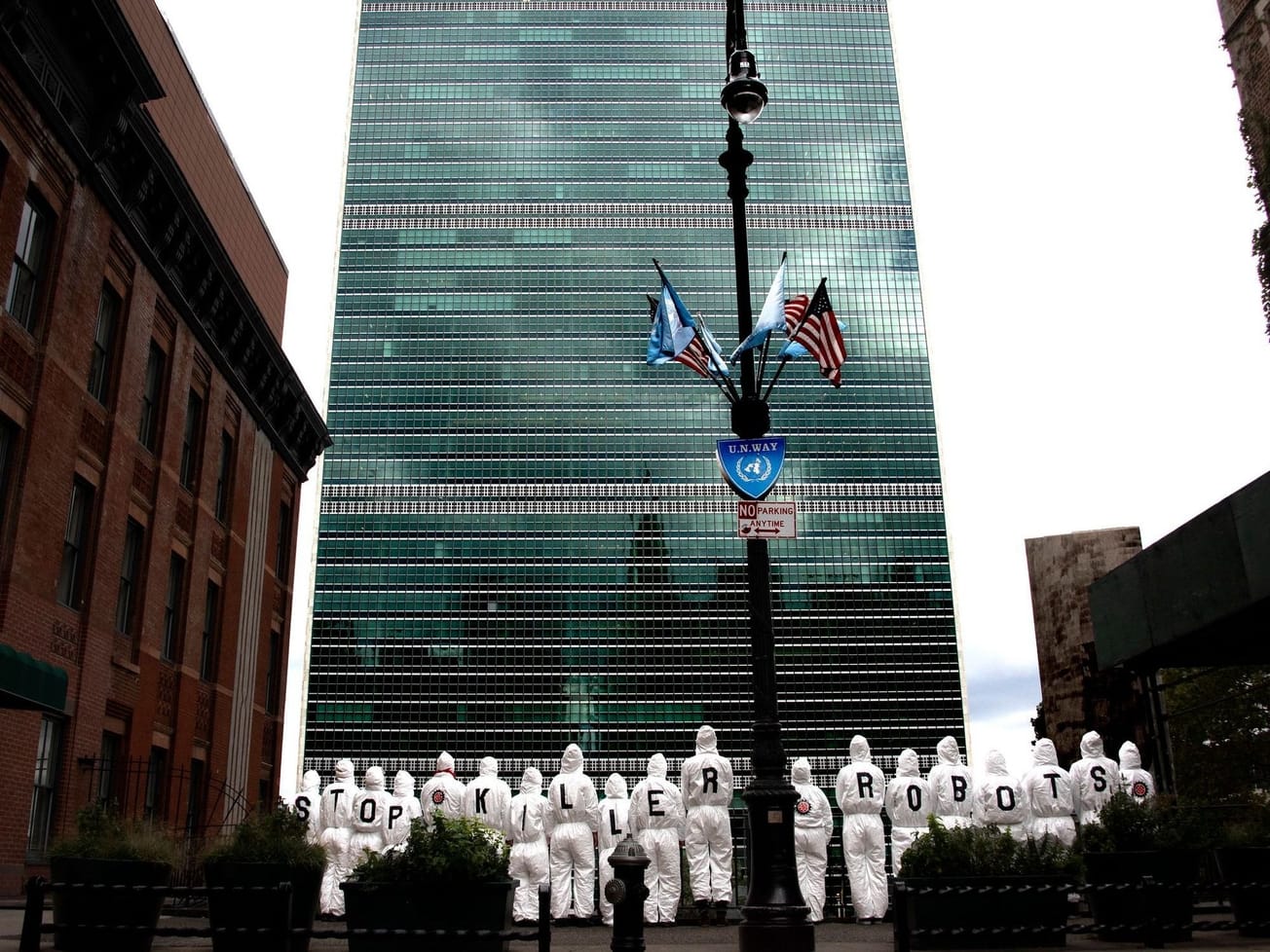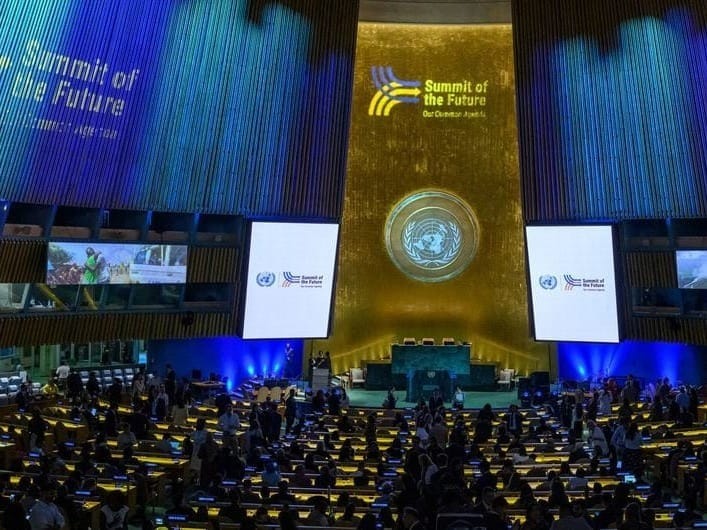
U.N. adopts 'pact' of new governance ideas for 21st century challenges
The pact, approved by consensus, outlines 56 broad actions, including an explicit call to phase out fossil fuels.
Already have an account? Log in
The pact, approved by consensus, outlines 56 broad actions, including an explicit call to phase out fossil fuels.
U.N. human rights experts condemned the 'malicious manipulation of thousands of electronic pagers and radios.'
More than a third of the funds will support aid efforts for people in Yemen ($20 million) and Ethiopia ($15 million).
The four international treaties, which form the rules of war, have been ratified or acceded to by virtually all nations.
U.N. investigators found nine UNRWA staff members 'may have been involved' in Hamas' attacks on Israel last year.
The determination is the first time an international court weighed in on Israel’s occupation of Palestinian territory.
From Gaza to the Philippines, unseasonal temps in parts of Asia shut schools, hurt crops and challenged refugee camps.
Reporters Without Borders warned that governments' support for press freedom around the world has been shrinking.
The number of people facing high levels of acute food insecurity has increased every year since 2019.
The group of organizations that reviewed the U.N. agency recommends several ways of strengthening its neutrality.
Some 16.7 million people need humanitarian aid in Syria, up from 15.3 million a year ago, as its devastating war drags on.
The UNRWA funding crisis, following Israeli allegations, threatens basic aid to Palestinian refugees in Lebanon.
Nine staff were immediately identified and terminated. Two were still being identified; one was confirmed dead.
Sigrid Kaag, a fluent Arabic speaker with extensive Middle East experience, has endured threats of political violence.
The U.N.'s global humanitarian appeal for itself and 1,900 partners in 2024 already assumes 40% in unmet needs.
A first-of-its-kind provision cites an 'urgent need' for nations to address concerns about autonomous weapons systems.



